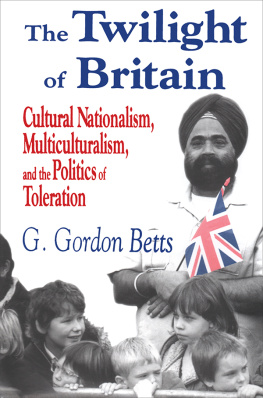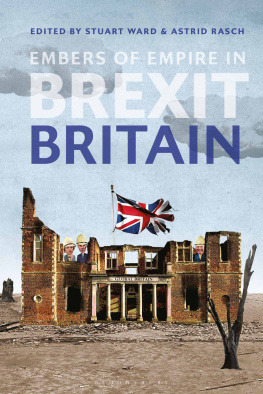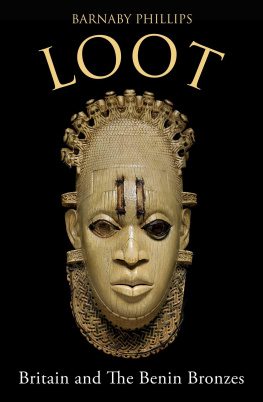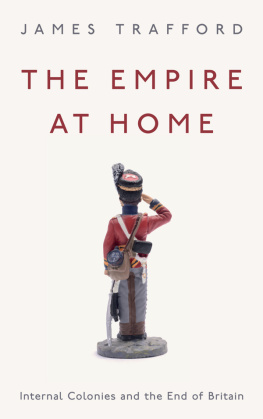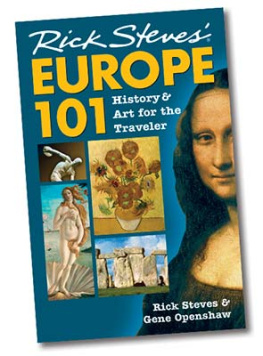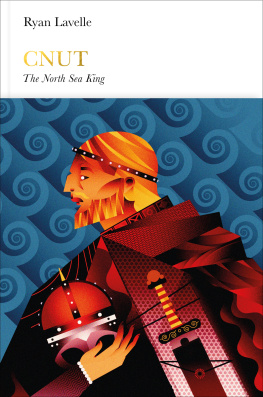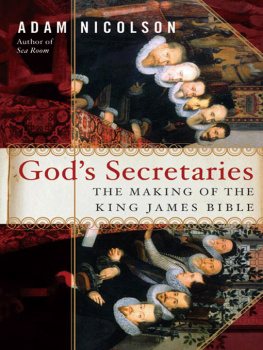
Theatre and empire
Politics, culture and society in early modern Britain
General editors
PROFESSOR ANN HUGHES
DR ANTHONY MILTON
PROFESSOR PETER LAKE
This important series publishes monographs that take a fresh and challenging look at the interactions between politics, culture and society in Britain between 1500 and the mid-eighteenth century. It counteracts the fragmentation of current historiography through encouraging a variety of approaches which attempt to redefine the political, social and cultural worlds, and to explore their interconnection in a flexible and creative fashion.
All the volumes in the series question and transcend traditional interdisciplinary boundaries, such as those between political history and literary studies, social history and divinity, urban history and anthropology. They thus contribute to a broader understanding of crucial developments in early modern Britain.
Already published in the series
Ambition and failure in Stuart England: the career of John, 1st Viscount Scudamore IAN ATHERTON
The idea of property in seventeenth-century England: tithes and the individual LAURA BRACE
Betting on lives: the culture of life insurance in England, 16951775 GEOFFREY CLARK
Home divisions: aristocracy, the state and provincial conflict THOMAS COGSWELL
Urbane and rustic England: cultural ties and social spheres in the provinces, 16601780 CARL B. ESTABROOK
The English sermon revised LORI ANNE FERRELL AND PETER MCCULLOUGH
Inventing a republic: the political culture of the English Commonwealth 16491653 SEAN KELSEY
Courtship and constraint: rethinking the making of marriage in Tudor England DIANA OHARA
Political passions: gender, the family and political argument in England, 16801714 RACHEL WEIL
Forthcoming
The Earl of Leicester and the politics of Elizabethan England SIMON ADAMS
Cromwells Major Generals CHRIS DURSTON
Reading Ireland RAY GILLESPIE
Londinopolis MARK JENNER AND PAUL GRIFFITHS
The public sphere in early modern England: public persons and popular spirits STEVE PINCUS AND PETER LAKE
A courtly community? JULIA MERRITT
Theatre and empire
Great Britain on the London stages under James VI and I
TRISTAN MARSHALL
Manchester University Press
Manchesterk
Copyright Tristan Marshall 2000
The right of Tristan Marshall to be identified as the author of this work has been asserted by him in accordance with the Copyright, Designs and Patents Act 1988.
Published by Manchester University Press
Altrincham Street, Manchester M1 7JA
www.manchesteruniversitypress.co.uk
British Library Cataloguing-in-Publication Data
A catalogue record for this book is available from the British Library
Library of Congress Cataloging-in-Publication Data applied for
ISBN 0 7190 5748 5 hardback
First published 2000
07 06 05 04 03 02 01 0010 9 8 7 6 5 4 3 2 1
Typeset in Scala with Pastonchi display
by Koinonia Ltd, Manchester
Contents
In writing this book I am indebted to those teachers whose scholarship and enthusiasm have been so influential in pointing me down this road. In this respect I owe an enormous debt to three members of staff who taught me at the Grange Grammar School in Cheshire. Philip Weatherly introduced me to the study of history while devoting a great deal of his time and energy to creating a happy learning environment. Nigel Hatton encouraged me to apply to Cambridge and was a source of endless optimism. David Jones introduced me to the early modern period and I would not have studied history as a degree subject had it not been for his example. I could not have had finer teachers.
This volume is an expanded version of my Cambridge PhD thesis, The idea of the British empire in the Jacobean public theatre, 1603c.1614, a project which in turn had its origins in the Cambridge Historical Tripos option The British Problem, c.15341707 which I studied in my final year as an undergraduate. I was immediately drawn to the wider themes and issues raised by the course, whose creators Brendan Bradshaw and John Morrill challenged the notion of early modern English history as a separate entity from the histories of Ireland, Scotland and Wales. Their seminal work lies behind many of the ideas I have explored in the following pages. Though research for the thesis between 1992 and 1995 was, sadly, carried out largely in isolation I am grateful for the counsel I received from Anne Barton, Glenn Burgess, Patrick Collinson, Kevin Sharpe and Jenny Wormald. During the subsequent period of research and writing for Theatre and empire I have been grateful for the opportunity to discuss Jacobean matters with David Smith, whose advice and support I continue to prize highly. At the University of Ulster, Keith Lindley has been enormously helpful and I have been extremely fortunate to benefit from Bob Hunters encyclopaedic knowledge of Irish history, especially his thoughts on the Ulster plantation.
Over the past seven years the staff of the Rare Books Room in Cambridge University Library have continued to be enormously patient and utterly selfless in fetching books and microfilms, especially when they have made trips so that I could make a momentary check. My gratitude must also be extended to Vanessa Graham and Alison Whittle at Manchester University Press for their seemingly boundless patience.
I am also grateful for the patience of good friends, some of whom did not share my twin enthusiasms for Jacobean history and rowing but endured them nevertheless thanks to Nick Finnie, Kat Amey, Johan Khoo, Bernard Khoo, Shireen Khoo, Martin McGurrin, Toby Brundin and Juliet Mickelburgh. Paul Hughes, Peter Alexander and the rest of the members of Chester Aikido Club provided an alternative outlet for my energies during 199697. I would also extend my gratitude to the members of Selwyn College Boat Club for their conviviality during the academic year 19978 and indeed subsequently.
My greatest debt, however, is to my parents, Scott and Olivia Marshall, my brother Aaron and my aunt Elma, whose love and chequebooks made first my thesis and now this book possible.
Tristan Marshall
Portrush, Country Antrim
what man have you now of that weake capacity, that canot discourse of any notable thing recorded euen from William the Conquerour, nay from the landing of Brute, vntill this day, beeing possest of their true vse, For, or because Playes are writ with this ayme, and carryed with this methode, to teach the subiects obedience to their King.
This study looks at the interrelationship between nationalism and theatre in the Jacobean period. More specifically, it looks at the creation of a British identity brought about by the accession of King James VI of Scotland to the English throne in 1603. This evocation of Britishness is at the heart of our understanding of Jamess reign. If he indeed succeeded in inculcating a British identity among his subjects in England, Scotland, Wales and Ireland then his Union project needs to be considered a far greater success than has hitherto been appreciated.
Jenny Wormald has recently suggested that Jamess agenda for the creation of Great Britain was an extremely subtle piece of political manoeuvring designed to secure the acceptance of his fellow Scots in the English court. She describes him as having from the start the view that the creation of a greater Britain was an unrealistic aspiration, a higher bargaining position from which he would later retreat to secure his real aim of toleration. However, when she writes that he manifestly failed to achieve any sort of British kingship we need to be wary because in one important domain he did. According to James Stuart, the new king of England, Britain was the true and ancient Name, which God and Time have imposed upon this Isle, extant and received in Histories, in all Mappes and Cartes, wherein this Isle is described, and in ordinary Letters to Our selfe from divers Forraine Princes ... and other records of great Antiquitie. He was not alone in thinking along these lines. At the same time that antiquarians were revealing the ancient past, a series of plays in Londons theatres was staging the lives of a group of earlier British rulers, among them Lear, Cymbeline and Elidure. What emerges from a study of these plays is the idea that fames was actually extremely successful, whether he intended to be or not, in popularising the idea of Britain as a cultural entity.


